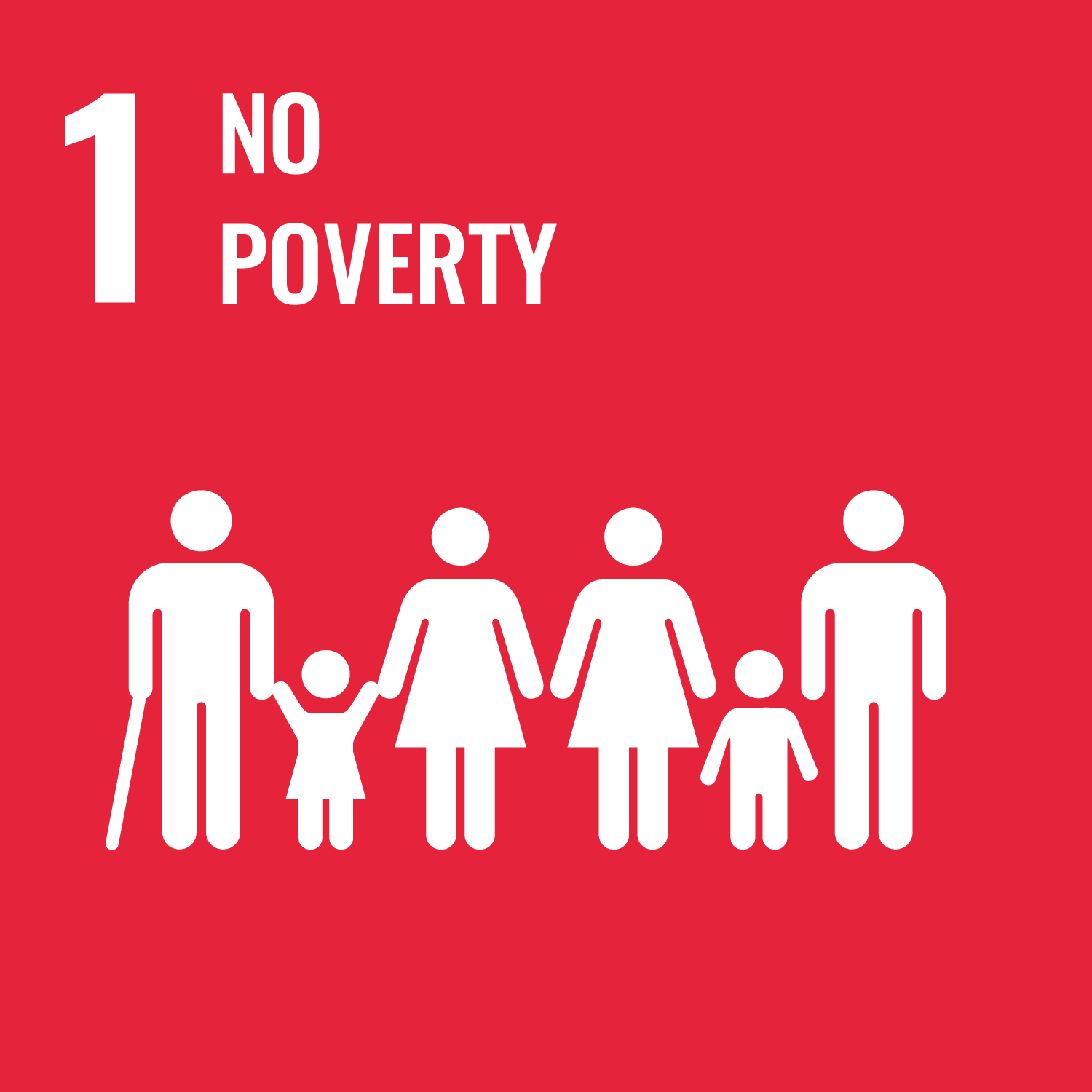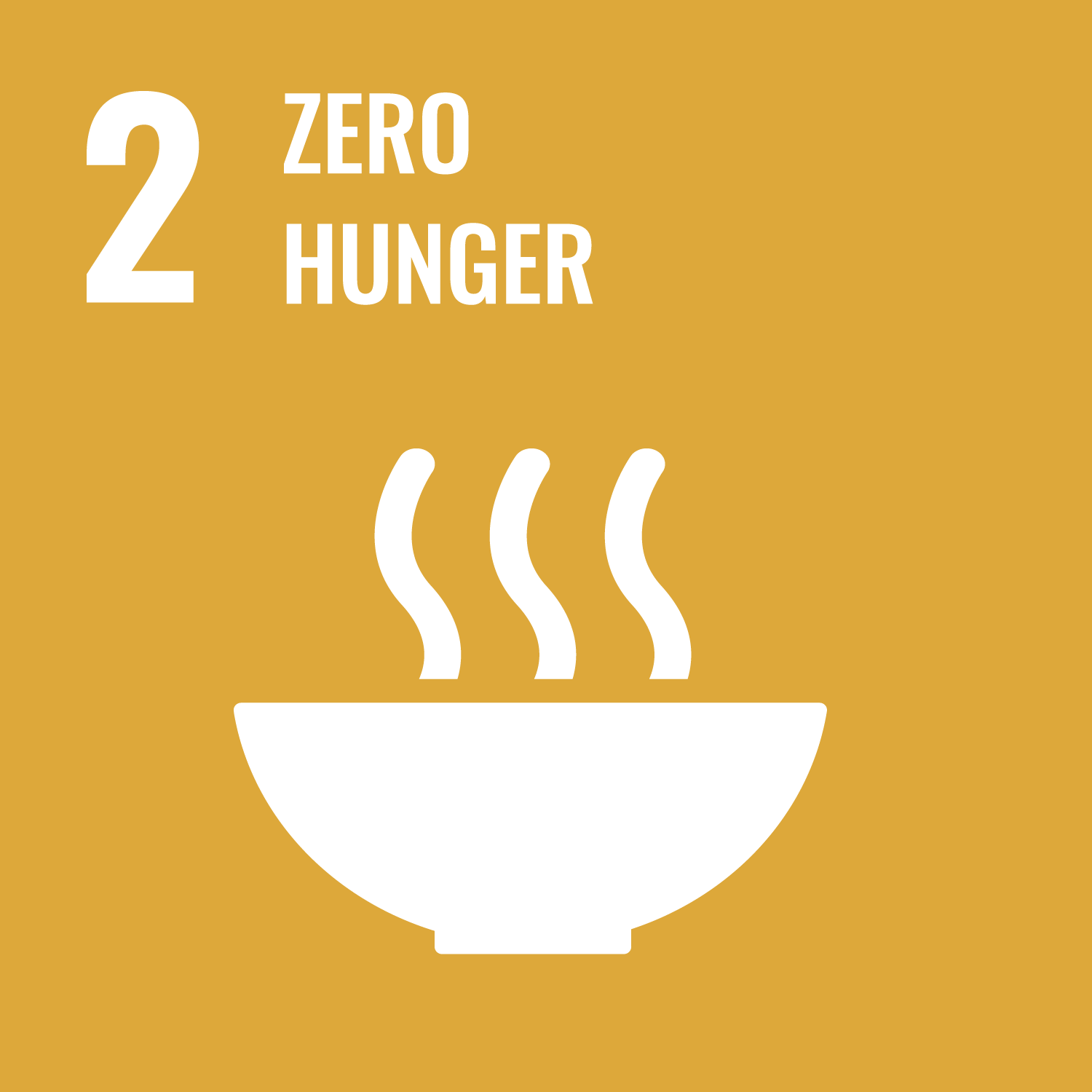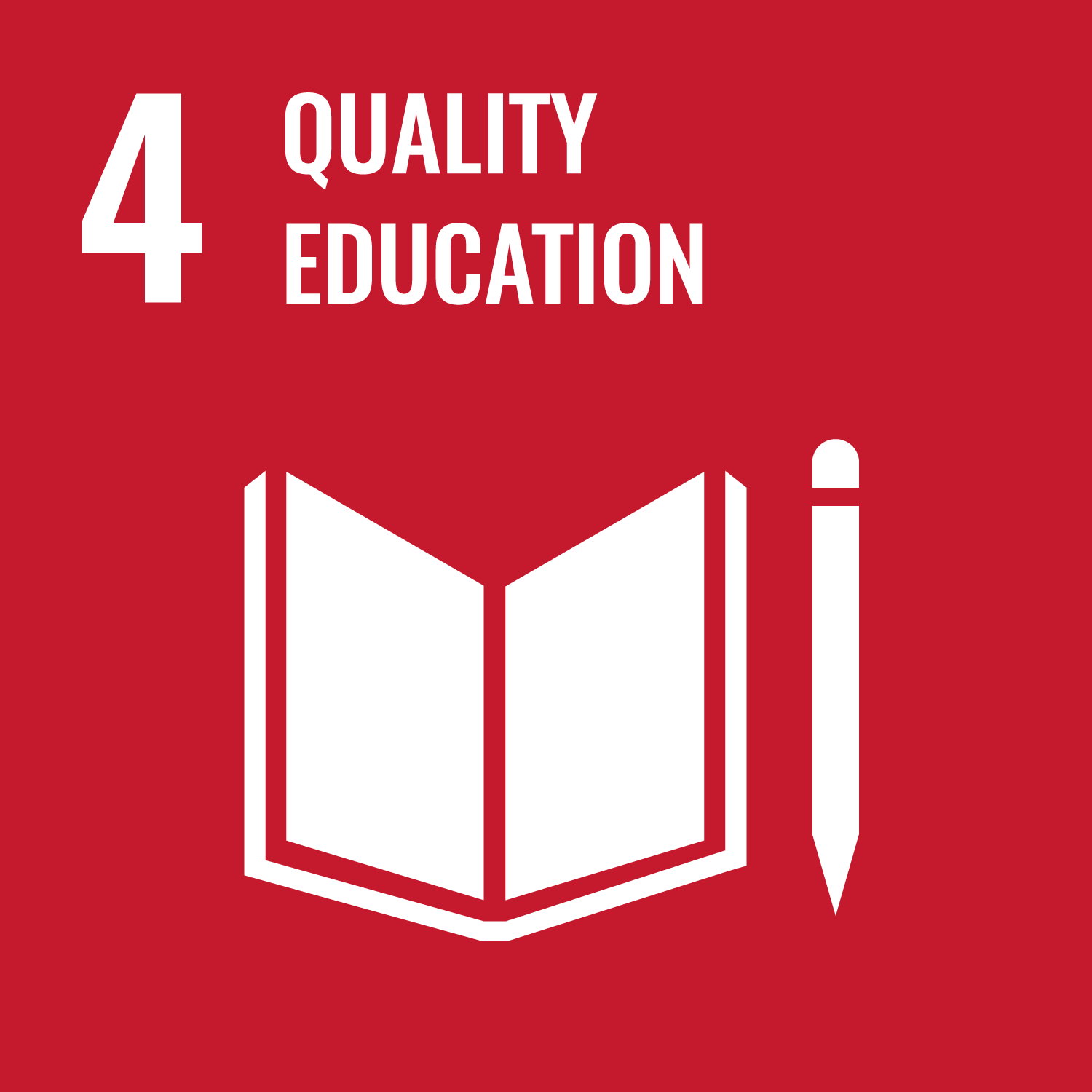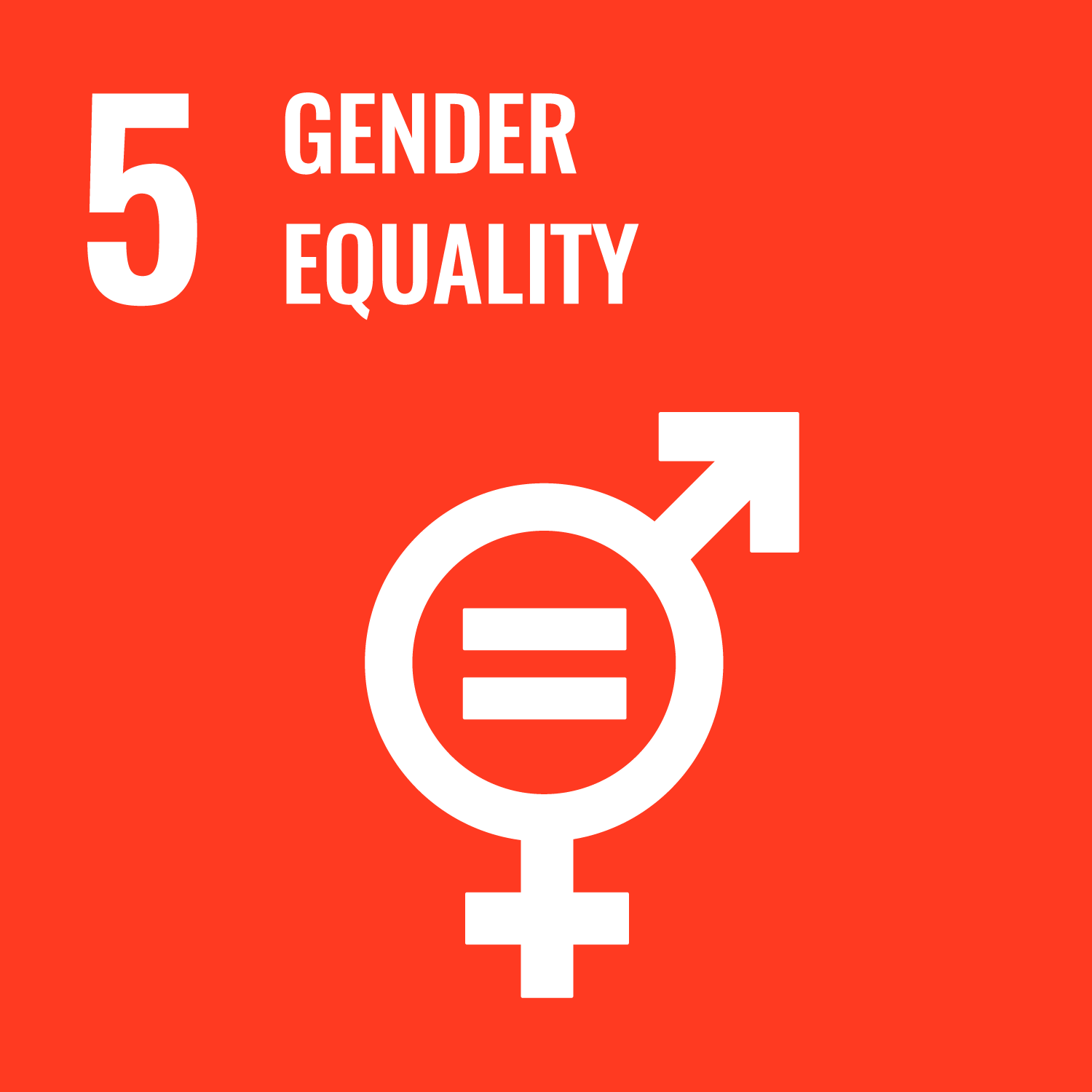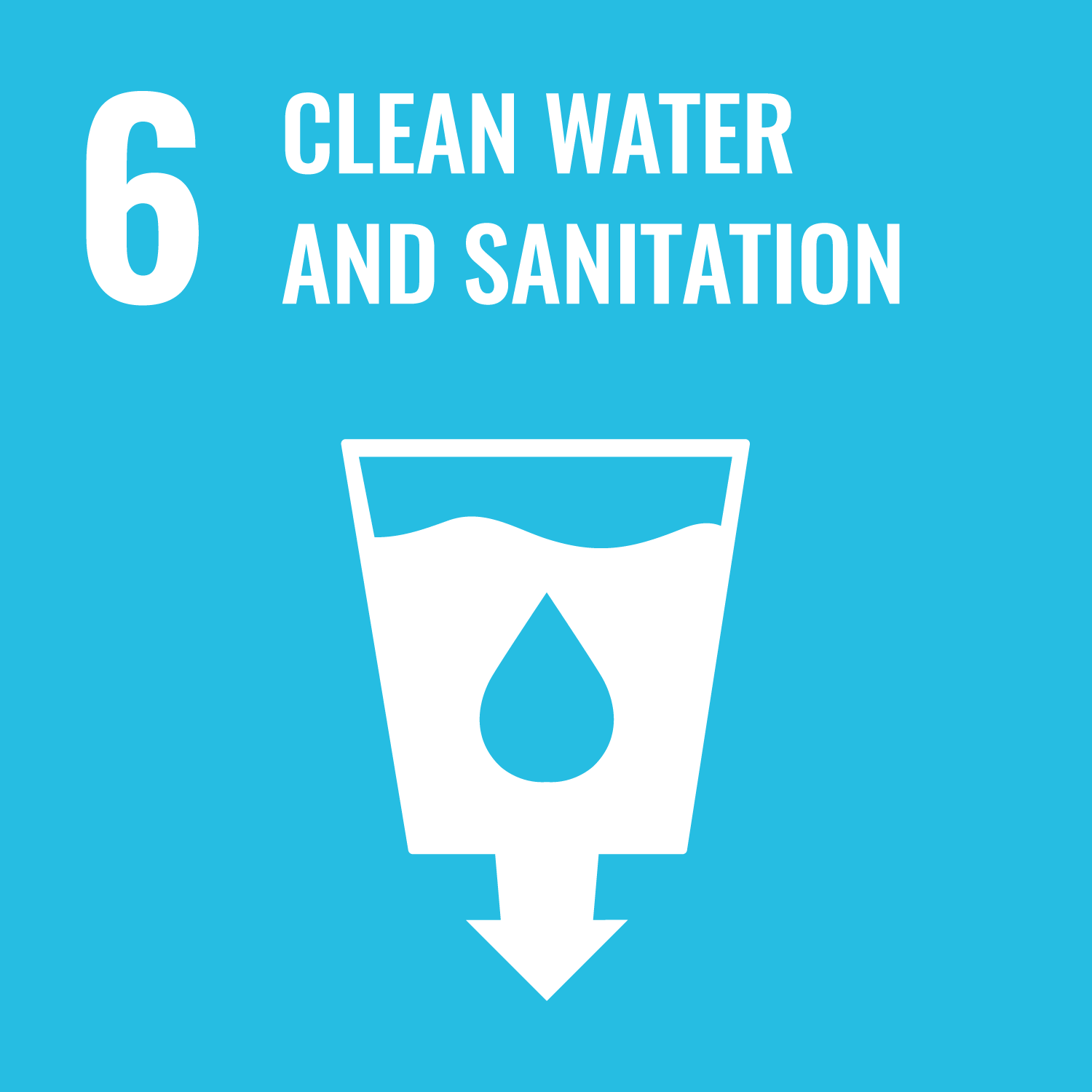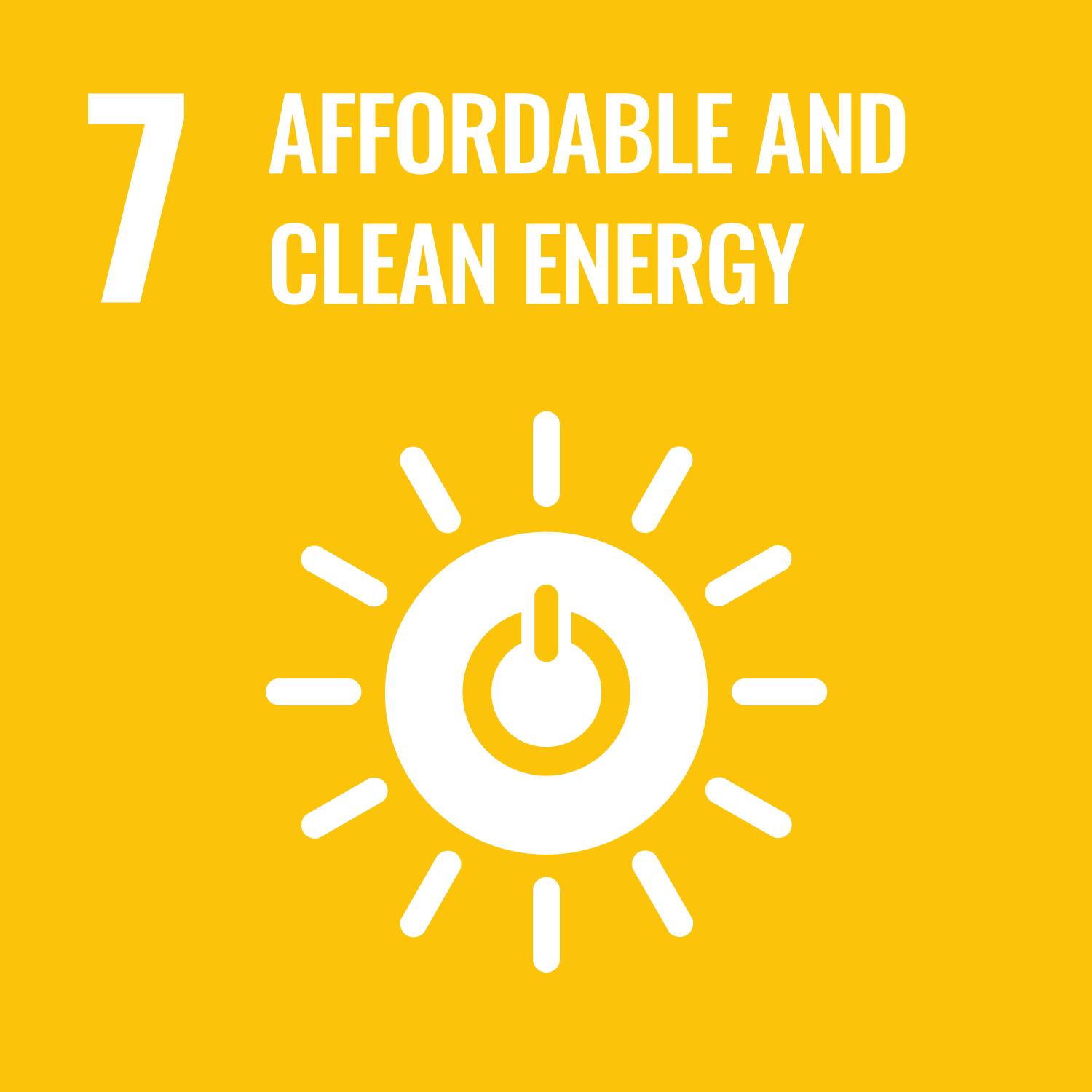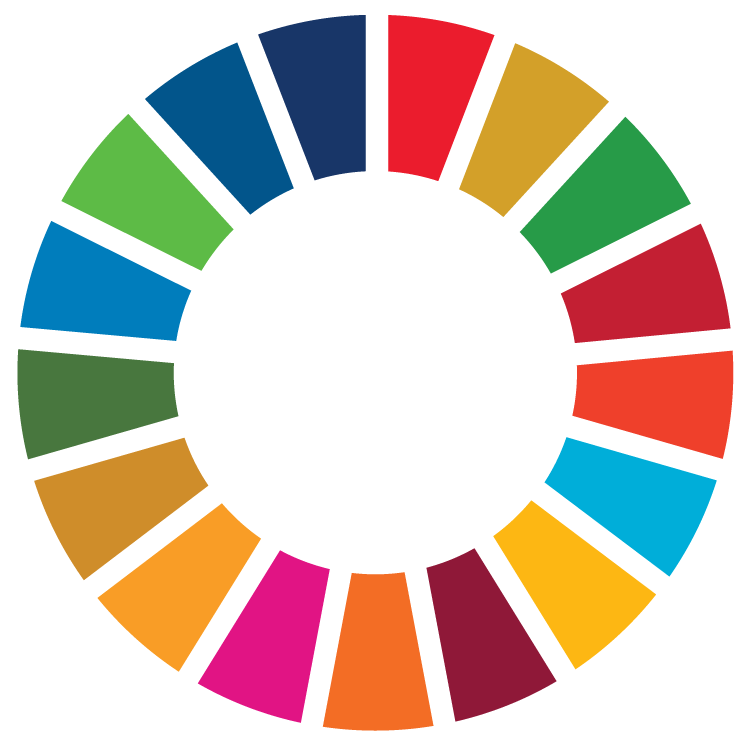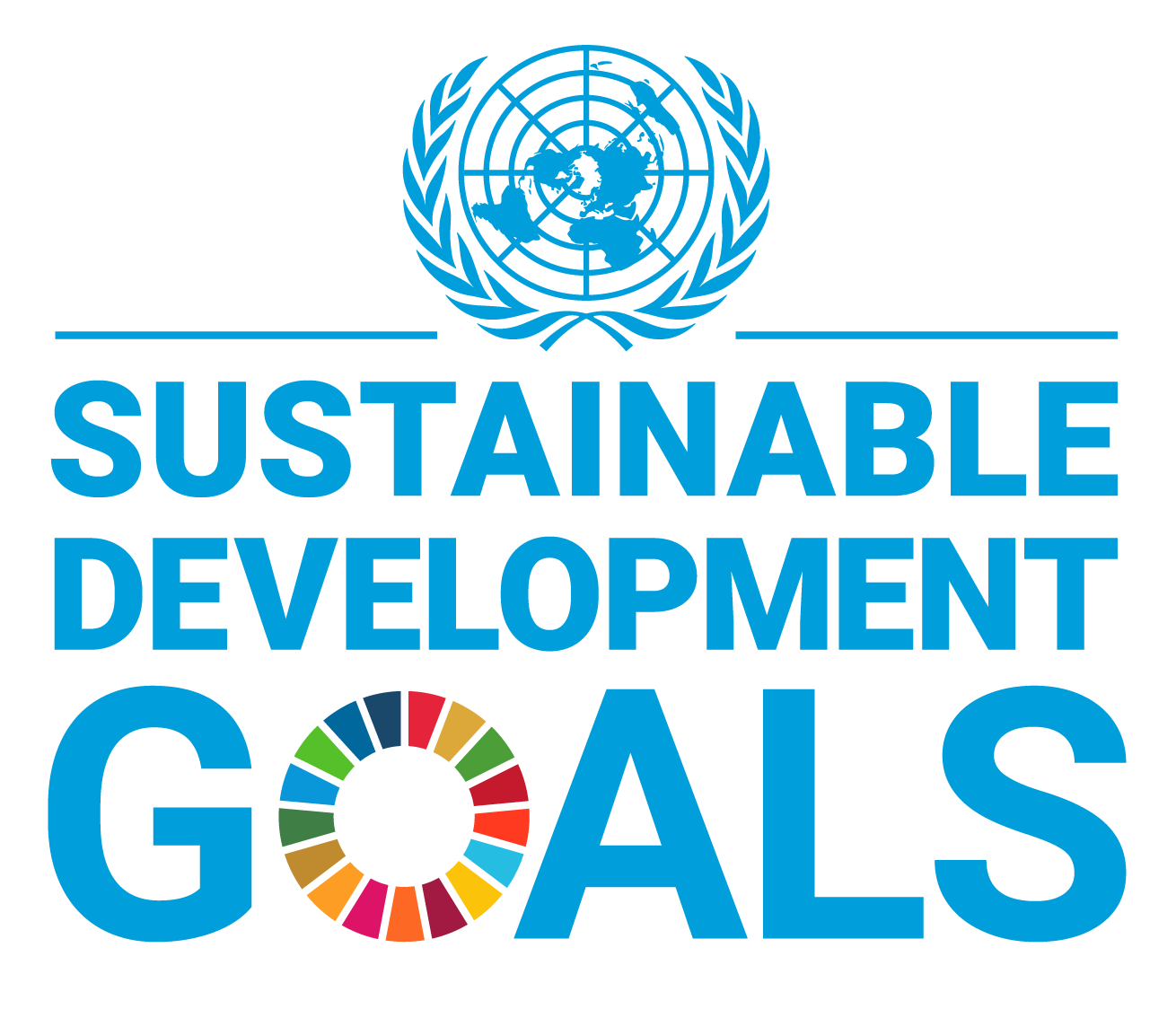- Beranda
- Tentang Kami
- Akademik
- Kemahasiswaan
- Riset
- Unit Layanan Fakultas
- LPPKM
- SDGs Initiatives


The Faculty of Public Health has an anti-discrimination and anti-harassment policies. These policies can be found inside the Pocket Book: Do’s and Don’ts in the Implementation of the Universitas Indonesia’s Values. Currently, there are three pocket books provided by the faculty. The first one is made specifically for lecturers, the second one is made for students, and the third one is made for educational staff. Inside the book, readers can found a detailed explanation of the 9 Universitas Indonesia’s Values: Kejujuran (Honesty), Keadilan (Just and Fair), Keterpercayaan (Trustworthiness), Kemartabatan (Dignity), Tanggung Jawab (Accountability), Kebersamaan (Togetherness), Keterbukaan (Transparency), Kebebasan Akademik dan Otonomi Keilmuan (Academic Freedom and Scientific Autonomy), and Kepatuhan pada Peraturan Perundang-Undangan yang Berlaku (Compliance to Laws).
The Faculty of Public Health has a special committee called the Agent of Change consisting of 13 lecturers and educational staff that meets several criterias including never being sentenced to employee discipline, competent and responsible, comply with the rules of employee discipline, have a positive influence, and are innovative and proactive. This special committee was approved by the Dean of the Faculty of Public Health through Dean’s Decree Number 134/SK/F10.D/UI/2023.
Active students who experience academic or non-academic issues may initially report their concerns through the Student Welfare Department (Adkesma) of BEM, the Student Affairs Unit, course lecturers, or the Academic Advisor (KPS). These parties will then coordinate to determine whether the issue can be addressed at the faculty level.
The faculty provides guidance and support related to matters such as course or lecturer selection, or may facilitate meetings with academic supervisors. If it is determined that the issue requires assistance from a professional, such as a psychologist, the faculty will refer the student to the Universitas Indonesia Satellite Clinic to schedule a counseling session.
To support people with disabilities, the Faculty of Public Health provides accessible facilities such as designated parking spots and toilets for people with disabilities, wheelchair access within the faculty, elevators for easier access to classrooms, and medical rooms.
Furthermore, the faculty also provided wheelchairs and crutches to support students’ activities around campus, as well as a special counter to make it easier for them to use the service.
The Faculty of Public Health has a diverse community, which means there might be civitas with disabilities at the Faculty of Public Health who need to access faculty services or engage in activities at the faculty. To provide comfort for groups of people with disabilities in learning, working, and developing their potential to the fullest, the Faculty of Public Health provides accessible facilities for people with disabilities.
These supporting facilities provided for people with disabilities are designated parking areas, toilets, service counters, guiding blocks, ramps, handrails, wheelchairs, canes, crutches, priority waiting chairs, lifts, as well as aids for the blind and deaf at various locations within the faculty.
The Faculty of Public Health has an anti-discrimination and anti-harassment policies. These policies can be found inside the Pocket Book: Do’s and Don’ts in the Implementation of the Universitas Indonesia’s Values. Currently, there are three pocket books provided by the faculty. The first one is made specifically for lecturers, the second one is made for students, and the third one is made for educational staff. Inside the book, readers can found a detailed explanation of the 9 Universitas Indonesia’s Values: Kejujuran (Honesty), Keadilan (Just and Fair), Keterpercayaan (Trustworthiness), Kemartabatan (Dignity), Tanggung Jawab (Accountability), Kebersamaan (Togetherness), Keterbukaan (Transparency), Kebebasan Akademik dan Otonomi Keilmuan (Academic Freedom and Scientific Autonomy), and Kepatuhan pada Peraturan Perundang-Undangan yang Berlaku (Compliance to Laws).

